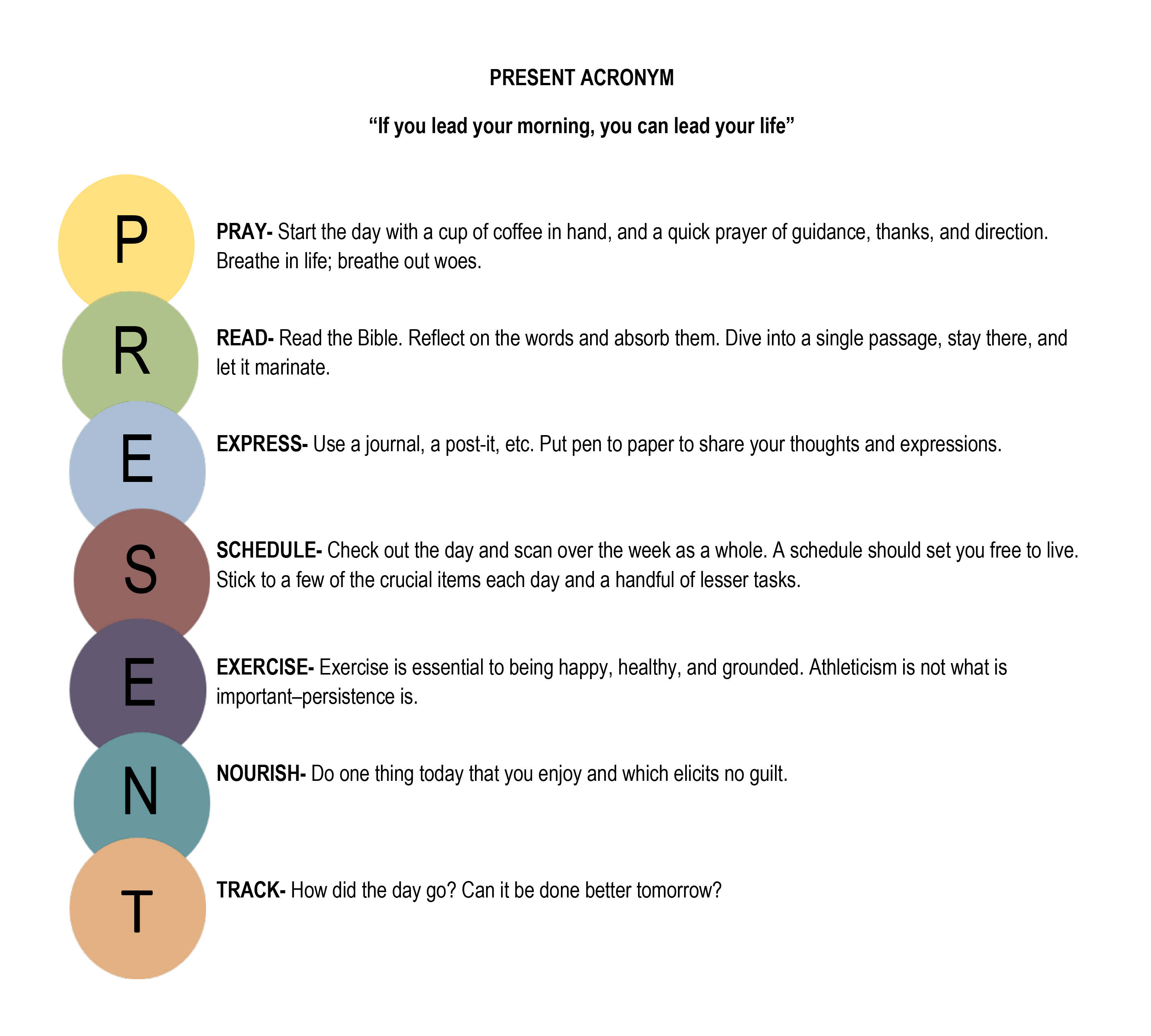We’re fish in an ocean of information, wet with a constant flow of facts both trivial and tragic. There’s no escaping news about the latest school shooting, or rumors about the latest celebrity bromance. It’s around us all the time.
The real problem with our “always on” lifestyle—where perpetual connectedness ensures we’re constantly drinking from a factual fire hose—is that we begin to normalize events and trends that shouldn’t be normal.
Typhoons and tax riots, for example, should never feel like “more of the same.”
Suicides and smallpox vaccination refusals should never feel like “the stuff we see every day.”
Brad Pitt’s new beard should never rank as “news” on par with the dissolution of an African government.
But because we see these things all the time, and because we see the trivial and the tragic in the same five seconds, we allow ourselves to think the tragedies are “no big deal.”
We must learn how to live better in this information-saturated environment. We can’t escape, but we can choose to redefine our reality based on something more constant, more substantial, more appropriately normal than beards and bombs, violence and Vines.
Claire Diaz-Ortiz is often credited as the woman who convinced the Pope to join Twitter. She’s interested in learning how to live well in our digital world. She has written a book called The Present Principle, in which she uses the acronym P.R.E.S.E.N.T. to follow a pattern that regulates her life according to God instead of the gods of Instagram, Facebook, Snapchat, and Mashable.
Prayer is meant to be the first part of every day—before coffee!—even if that prayer is unintelligible, grumpy, incoherent, and bland. She suggests beginning with prayer as a reminder that God comes first, even if it doesn’t feel like he gets what’s best.
Reading the Bible is next (thankfully, with coffee). Again, even if we’re not fully awake when we begin, reading the Bible first thing in the morning reminds us what matters and what God considers worthy of our attention. Go ahead and spend 15 minutes reading your Bible, and then look at Facebook (if you must). See how many memes seem interesting then or how many drama-inciting rants feel well-grounded, well-reasoned, and well-researched.
After you read the Bible, take a few moments to Express yourself. This, she suggests, is the best time for social media updates. Don’t read everybody else’s stuff just yet. Instead, spend time formulating what you’d like to say based on what you just read.
The last activity Diaz-Ortiz suggests for the morning is to outline the Schedule of your day. Plan your day around the things that seem most important based on what God has spoken to you through prayer and reading.
Now begin your day, and—at any point—make sure you Exercise (‘cause it’s healthy) and do something that nourishes you. Diaz-Ortiz’s definition of Nourishment means doing something you love that never makes you feel guilty (nourishment = love + guilt-free).
Finally, at the end of every day, take time to Track how you did with your schedule and with your ability to differentiate between normal, tragic, and trivial.
I’ve been using Diaz-Ortiz’s acronym every day for the last two or three weeks. I won’t do it daily for the rest of my life (I’m treating it more like a 30-day challenge), but I can say I feel noticeably different about social media and my ability to live wisely in this “always on” world.
Give it a try. See if it helps.
fossores
Related posts
Categories
Category Cloud
Tag Cloud
Recent Posts
- Victors and Victims November 6, 2018
- 3 Hacks for Happiness October 29, 2018
- Hope Against Death September 20, 2018
- The Shape Of The Cross September 19, 2018


